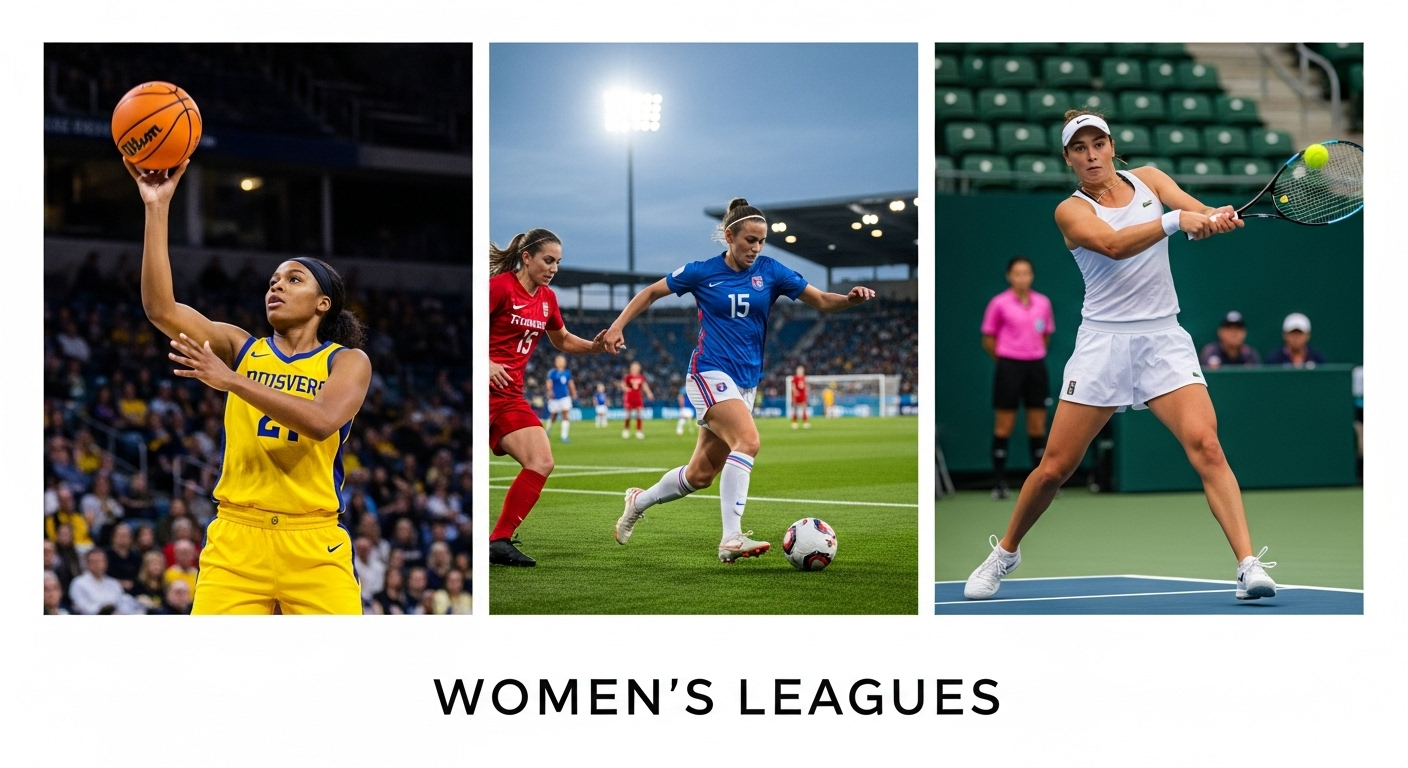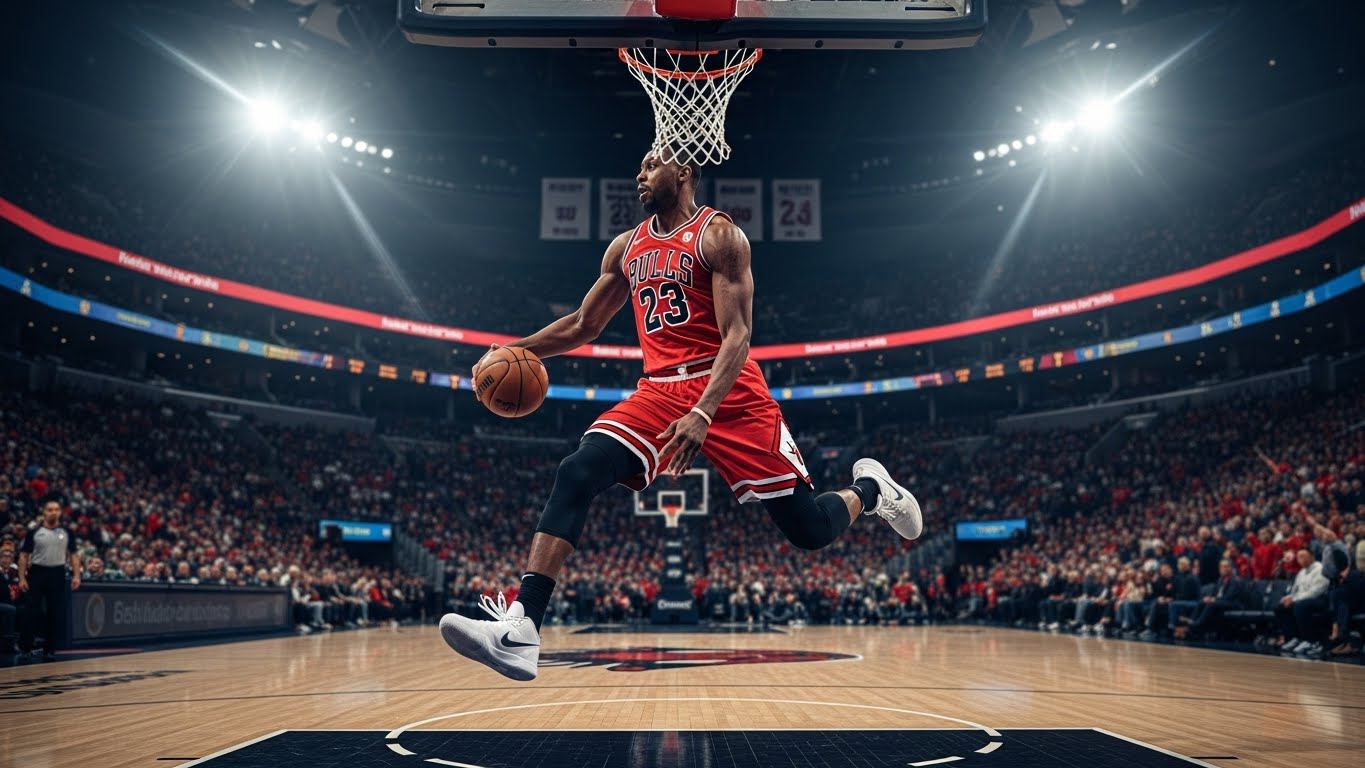Sports are an integral part of human culture, transcending borders, languages, and generations. From casual backyard games to international competitions like the Olympics, sports have been central to human society for thousands of years. This blog explores the history of sports, its numerous benefits, the variety of sports played today, and the impact of sports on society and personal development.
The History of Sports
The history of sports dates back to ancient civilizations. Physical activities were not just for recreation; they played a crucial role in military training, religious rituals, and social development.
Ancient Sports
In ancient Greece, sports were celebrated through events such as the Olympics, which began in 776 BCE. Athletes competed in running, wrestling, discus, javelin, and boxing. These games were highly ritualized and were closely tied to religious festivals honoring the gods.
Similarly, ancient Egypt, Mesopotamia, and China had forms of sports and physical contests. Wrestling, archery, and chariot racing were popular in Egypt. In China, martial arts, archery, and games like cuju, an early form of soccer, were played. Sports were often seen as a way to display strength, skill, and strategic thinking.
Medieval and Early Modern Sports
During the Middle Ages, sports evolved into more organized forms. Jousting, archery competitions, and various ball games became common among nobility. Football-like games were played in towns across Europe, often involving large groups and rudimentary rules.
In the 19th century, sports became formalized with written rules, structured teams, and organized leagues. The Industrial Revolution played a crucial role in this transformation by providing workers with more leisure time and cities with infrastructure to host sports events.
Types of Sports
Sports can be classified into several categories, each offering unique challenges and benefits.
Team Sports
Team sports involve organized groups competing against each other. Popular team sports include soccer, basketball, cricket, rugby, and volleyball. These sports promote teamwork, strategy, and social interaction. They also encourage communication and leadership skills as players must work together to achieve a common goal.
Individual Sports
Individual sports focus on personal skill, endurance, and mental strength. Examples include tennis, swimming, athletics, gymnastics, and martial arts. These sports often test discipline, focus, and resilience. They can provide a sense of personal accomplishment and self-reliance, making them ideal for those seeking personal growth through competition.
Extreme Sports
Extreme sports, such as rock climbing, snowboarding, surfing, and skydiving, combine physical skill with high levels of risk and adrenaline. These sports often attract thrill-seekers and are popular in modern recreational culture. They push physical limits and mental boundaries, requiring courage, quick decision-making, and adaptability.
Adventure and Outdoor Sports
Adventure sports emphasize nature and exploration. Activities like hiking, kayaking, mountain biking, and skiing not only challenge physical abilities but also connect participants with the environment. These sports encourage environmental awareness and promote physical fitness in natural settings.
Physical Benefits of Sports
Participation in sports offers numerous physical advantages, which contribute to overall health and longevity.
Cardiovascular Health
Regular physical activity through sports strengthens the heart and improves circulation. Sports like running, swimming, and cycling increase cardiovascular endurance, reducing the risk of heart disease and stroke.
Muscle Strength and Flexibility
Sports enhance muscular strength and flexibility. Weight-bearing activities, resistance training, and dynamic movements in sports help build stronger bones and muscles, reducing the risk of injuries and age-related conditions.
Weight Management
Engaging in sports helps maintain a healthy weight by burning calories and boosting metabolism. Activities like football, basketball, and swimming can be effective in managing body weight and improving overall fitness.
Enhanced Immunity
Regular physical activity improves the body’s immune response. Moderate-intensity sports stimulate immune function, helping the body fight off illnesses and recover faster from infections.
Mental and Emotional Benefits
Sports are not just about physical health—they also offer profound mental and emotional benefits.
Stress Reduction
Participating in sports releases endorphins, the body’s natural stress relievers. Physical activity can alleviate symptoms of anxiety and depression, promote relaxation, and improve overall mood.
Cognitive Development
Sports improve concentration, problem-solving skills, and mental agility. Strategic sports like chess, basketball, and football enhance critical thinking and decision-making abilities, benefiting academic and professional performance.
Self-Discipline and Goal Setting
Training and competing in sports cultivate self-discipline, perseverance, and time management. Athletes learn to set realistic goals, track progress, and overcome challenges, which translates into life skills beyond the sports arena.
Social Skills and Teamwork
Team sports foster cooperation, communication, and leadership. Working within a team environment teaches empathy, conflict resolution, and the ability to motivate and support others, all of which are essential for personal and professional growth.
The Cultural Impact of Sports
Sports play a significant role in shaping cultures and societies around the world. They bring people together, create a sense of identity, and inspire collective pride.
National Pride and Unity
International sporting events like the Olympics, FIFA World Cup, and Commonwealth Games create a sense of national pride and unity. Citizens rally behind their athletes, celebrating shared heritage and accomplishments. These events also foster diplomacy and peaceful interactions between nations.
Sports and Media
The rise of television, internet streaming, and social media has made sports more accessible than ever. Sports personalities become global icons, influencing fashion, lifestyle, and social trends. Media coverage also promotes awareness of sports, inspiring new generations to participate.
Economic Impact
Sports significantly contribute to the economy through tourism, merchandise, sponsorships, and employment. Hosting large-scale sporting events generates revenue and infrastructure development, creating long-term benefits for cities and countries.
Educational Opportunities
Many educational institutions offer scholarships and programs for athletes. Sports participation in schools and colleges encourages discipline, teamwork, and leadership while opening doors to higher education and professional careers.
Popular Sports Around the World
Soccer
Soccer, also known as football in many countries, is the most popular sport globally. It is simple to play, requires minimal equipment, and has a massive fan base. Major leagues, such as the English Premier League, La Liga, and international competitions, have millions of followers worldwide.
Basketball
Basketball is known for its fast pace, athleticism, and strategic gameplay. It has a huge following in the United States and growing popularity in Europe, Asia, and Africa. The NBA is the most prominent professional league, showcasing elite talent and innovation in the sport.
Cricket
Cricket is highly popular in countries like India, Pakistan, Australia, and England. Its various formats, including Test cricket, One Day Internationals, and T20, cater to different audiences and keep the sport dynamic and engaging.
Tennis
Tennis is a globally recognized individual sport, celebrated for its intensity and skill. Major tournaments like Wimbledon, the US Open, the French Open, and the Australian Open attract millions of spectators and maintain tennis as one of the most prestigious sports.
Other Notable Sports
Sports such as athletics, swimming, rugby, gymnastics, and martial arts have substantial international followings. Adventure sports, esports, and fitness-based sports are also gaining momentum, reflecting evolving interests and lifestyles.
Women in Sports
Historically, sports were male-dominated, but women’s participation has grown significantly over the past century. Female athletes have achieved remarkable success in various disciplines, challenging stereotypes and inspiring equality in sports. Events like the Women’s World Cup, WNBA, and female representation in the Olympics showcase talent and resilience, promoting inclusivity and diversity.
Sports Technology and Innovation
Modern sports have embraced technology to enhance performance, safety, and entertainment. Innovations include wearable devices that track physical metrics, advanced training methods using virtual reality, and analytics tools for strategic planning. Refereeing and judging have also improved with technologies like video assistant referees and motion analysis systems.
Sports and Personal Development
Participation in sports cultivates valuable life skills. Discipline, perseverance, resilience, teamwork, and leadership are nurtured through consistent engagement in sports. Athletes often carry these skills into their careers and personal lives, demonstrating the transformative power of sports.
Building Character and Resilience
Sports teach athletes how to handle success and failure with grace. Learning from defeats and celebrating victories responsibly builds character, emotional intelligence, and mental toughness.
Time Management and Responsibility
Balancing training, competitions, and personal commitments requires effective time management. Athletes develop organizational skills, prioritize tasks, and demonstrate accountability, which benefits them in every aspect of life.
The Future of Sports
The future of sports is promising, with innovations and evolving societal trends shaping its trajectory. Virtual and augmented reality, artificial intelligence, and interactive platforms are redefining fan engagement and athlete training. Esports and gaming competitions are gaining legitimacy, merging technology and physical skill in new ways. Globalization continues to bring diverse sports to broader audiences, fostering cultural exchange and participation worldwide.
Conclusion
Sports are far more than mere physical activities; they are a reflection of culture, a driver of health, and a tool for personal growth and social cohesion. From ancient civilizations to the modern era, sports have evolved to become an essential part of human life. They inspire unity, foster discipline, encourage resilience, and provide endless opportunities for entertainment, education, and personal development. Engaging in sports—whether casually or professionally—enriches our lives physically, mentally, and emotionally, proving that the impact of sports extends far beyond the playing field.



